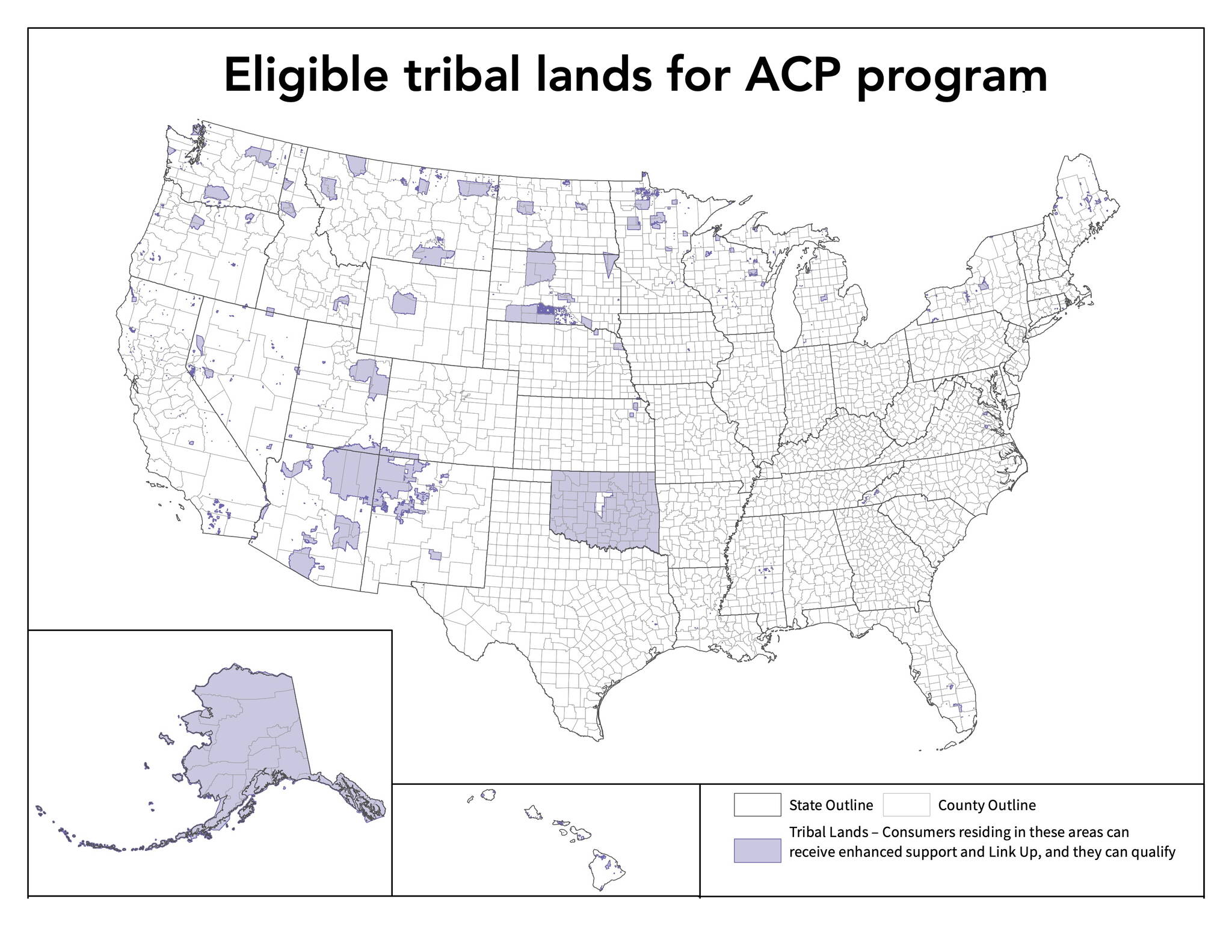About 90,000 Alaska households are eligible for up to a $75-per-month broadband subsidy and $100 toward a device for online access, but only about 10,000 are taking advantage, according to the White House.
So the White House on Thursday had Vice President Kamala Harris tout a recently launched “one-stop” website intended to make signing up easier.
The Affordable Connectivity Program, part of the bipartisan infrastructure bill passed last year, provides monthly subsidies of $30 for “most eligible families” in the U.S., but the $75 credit for those on tribal lands. And as GCI notes at the ACP portion of its website: “All of Alaska is considered Tribal Lands and will be eligible for the tribal subsidy rate available based on their plan and location.”
While the monthly subsidies can be used for some or all of a wireless phone (or other broadband) bill — and thus perhaps subject to the same inaccurate dispargement as “Obama phones” only with the current president’s name — the device payment is for a “laptop, tablet or desktop computer (with a co-payment of more than $10 but less than $50).”
The ACP program operated by the Federal Communications Commission debuted Dec. 31, 2021. Harris announced at an event Thursday in North Carolina that one million households have signed up for ACP since the website GetInternet.gov was launched in May.
In an Alaska-specific news release the White House sent out the night before the event, it noted 9,990 Alaska households have signed up since Dec. 31 and that Harris sent a letter to Gov. Mike Dunleavy asking for cooperation in expanding participation.¨ (Letters with identical wording except for the names of states and governors were sent nationwide.)
“We need your help to keep that progress going and to ensure all eligible families in Alaska sign up to save,” the letter states, according to the release. “Please help lower costs for more families by spreading the word in your state and by entering data-matching agreements to drive enrollment in your state.”
Shannon Mason, a spokesperson for Dunleavy, said there was no immediate respose from him to the letter.
There are three ways to qualify for ACP subsidies, according to federal website: income less than or equal to 200% of the federal poverty guidelines; participation in any of numerous assistance programs such as SNAP/Medicaid/SSI/FPHA, or veterans’ or tribal programs; or meeting eligibility criteria for a participating broadband provider’s existing low-income internet program.
The FCC’s website lists nearly 50 ACP providers in Alaska, ranging from national companies such as AT&T to the Mukluk Telephone Company. But only a minority of them offer connecting devices as well and many — specially small or rural providers — offer only fixed rather than mobile broadband.
The program is different from the Lifeline program, which since 1985 has provided discount phone services to qualifying low-income consumers (and for the past decade been referred to as “Obama phones”).
The FCC states households can sign up for both Lifeline and ACP — indeed, participation in the former ensures eligibility in the latter.
• Reporter Mark Sabbatini can be reached at mark.sabbatini@juneauempire.com

